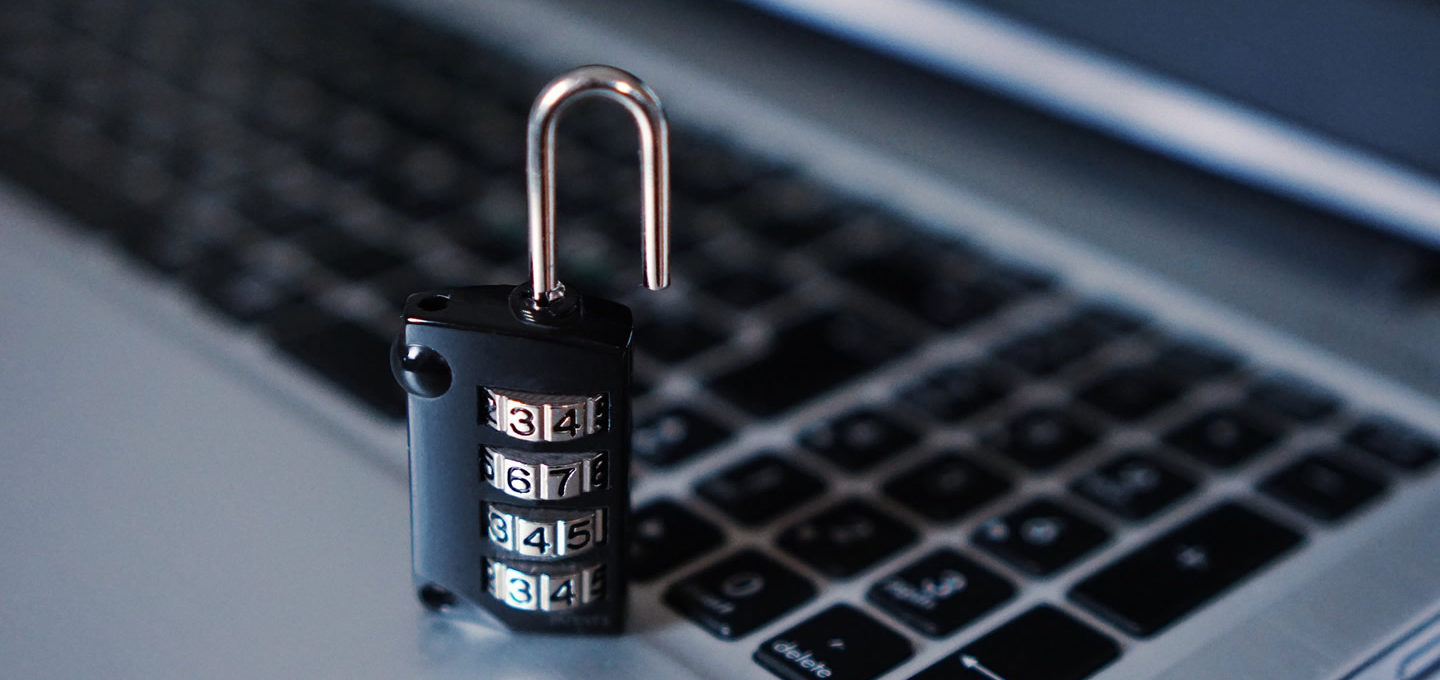Online safety is a huge concern for people all over the world. With so much personal and financial information being shared online, it’s important to take precautions to protect yourself from hackers and scammers. More and more people are doing their daily activities online, such as groceries, studying, banking, working, and shopping. Most people prefer to buy gifts online during the holiday season, and the most popular platform to do so is Amazon. This is why hackers have implemented sophisticated amazon scams to steal information and money while people are busy shopping online. In this blog post, we will discuss seven ways that you can stay safe online and protect your information. Follow these tips, and you’ll be able to browse the internet with peace of mind.
Keep your devices updated
One of the easiest and most important steps towards online safety is updating your devices regularly. Updates help to patch any security holes that may have been found in your device’s software. Hackers can use these holes to access your device and steal your information if these holes are left unpatched. Regularly updating your devices is closing these security gaps and making it more difficult for hackers to exploit your device. Make sure to set your devices to update or check for updates regularly and automatically.
Use strong passwords and change them frequently
A strong password is one of the best ways to protect your online information. Avoid using obvious passwords such as “12345” or “password”, and try including numbers, symbols, and a mix of upper and lowercase letters in your passwords. It’s also important to change your passwords frequently, at least once every few months.
The reason for using strong passwords and changing them frequently is that if hackers can guess your password, they can easily access your account and steal your personal information. A strong password makes it more difficult for hackers to guess your password, and changing your passwords frequently decreases the chances that a hacker will be able to crack them.
Be careful with phishing scams
Phishing scams are one of the most common ways that hackers gain access to personal information. These scams often come in the form of emails or websites that seem legitimate but are actually trying to get you to enter your personal information, such as passwords or credit card numbers.
Always be wary of emails or sites that ask for sensitive information, and never click on links or download attachments from unknown senders. If you’re unsure if an email or website is legitimate, do some research and contact the company directly to confirm its authenticity before giving out any personal information.
Protect your personal information
Be conscious of the personal information that you share online, particularly on social media. While it’s fine to share some details about your life, be wary of sharing too much personal information, such as your address, phone number, or birthdate. Hackers can easily use this kind of information to access your accounts or steal your identity.
Only use secure websites for online purchases or banking
Ensure the website is secure when making online purchases or accessing financial accounts. A secure website will have a URL that starts with “https” and may also have a lock icon in the corner of the browser window. These features indicate that the website has added security measures to protect any sensitive information you enter on the site.
When shopping or banking online, make sure only to use SSL-encrypted websites. SSL encryption is a security measure that helps protect your information when you’re online. It creates a secure connection between your computer and the website you’re visiting, ensuring that any data sent between the two is encrypted and can’t be read by anyone else. This helps to keep your information safe from hackers and identity thieves.
Use secure Wi-Fi networks
When accessing the internet on public Wi-Fi, ensure the network is secure. Many public networks are not encrypted, meaning that anyone within range can access and view any information you send over the network. To ensure your security, only use networks with passwords and encryption measures in place to protect your information.
Protecting your home Wi-Fi network by using a strong password and regularly changing it is also important. This can prevent unauthorized users from accessing your network and potentially steal personal information.
Read the sites privacy policies
Before signing up for a website or entering personal information, make sure to read the site’s privacy policy. This will inform you of how the company handles and protects your personal information and can help prevent your information from being shared without your knowledge.
Conclusion
To conclude, protecting yourself online is important in keeping your personal information secure. Use strong passwords, be wary of phishing scams, limit the personal information you share online, only use secure websites for purchases or banking, and make sure to use secure Wi-Fi networks. Remember to also read privacy policies before sharing any sensitive information on websites. Taking these precautions can help protect yourself from hackers and identity theft.

